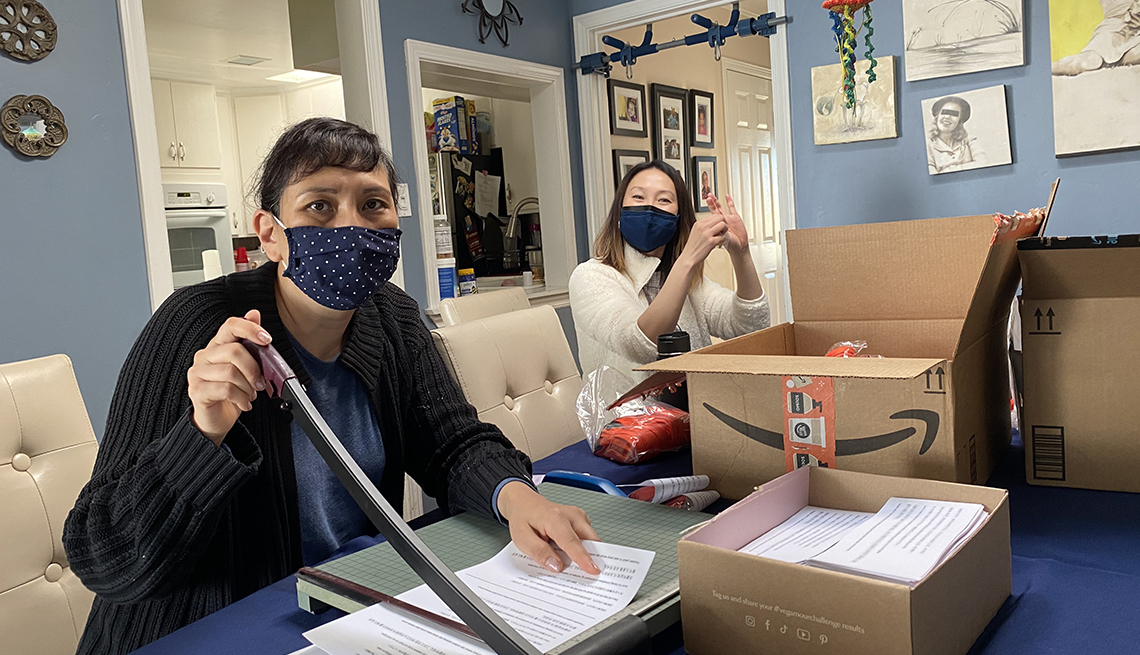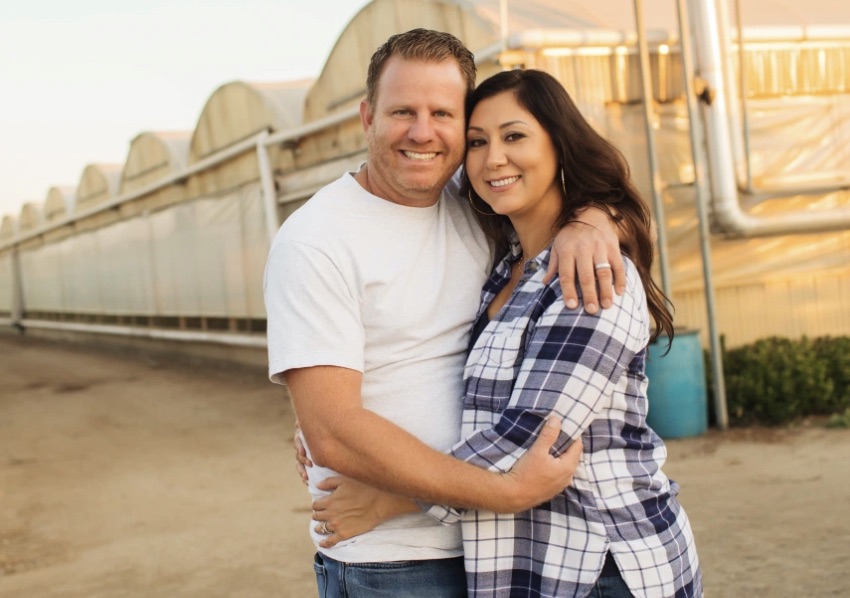
- Select a language for the TTS:
- UK English Female
- UK English Male
- US English Female
- US English Male
- Australian Female
- Australian Male
- Language selected: (auto detect) - EN
Play all audios:
The meal vouchers came from Feed+Fuel 2.0, another program created in response to COVID-19. The $3.5 million partnership between the city and community organizers helps two parts of the
community: Chinatown restaurants that have seen business plummet since the start of the pandemic, and seniors and families living in Chinatown's single-room-occupancy hotels, also known
as SROs. These older adults are among the most vulnerable populations in the community: In San Francisco, notorious for the highest rent prices in the U.S., more than a dozen households
often squeeze onto one floor of these SROs, sharing a single kitchen and bathroom. Launched earlier this year, Feed+Fuel 2.0 has registered more than 3,200 people for the program, the
majority of them ages 60 and up. It also enlisted 56 Chinatown restaurants to prepare meals such as barbecue pork and cabbage over rice, and sauteed fish and eggplant over rice noodles. The
first version of the organization, Feed+Fuel 1.0, provided grocery deliveries at the start of the pandemic. "I think it's brought a lot of optimism and joy to the community,” says
Vinny Eng, a community organizer and founding member of SF New Deal, a nonprofit that administers the food program in partnership with the Chinatown Community Development Center. “My hope is
that it reminds people in Chinatown that a lot of people in San Francisco care about them.” One 78-year-old woman, who declined to share her name, said the meals freed her from having to
wait in line to use the kitchen. She was grateful for the whistle, too, saying that she had been followed once, though she managed to evade the threat. If there's any silver lining to
the pandemic, it has brought more attention and outreach to a community that's often invisible and overlooked, says Matthias Mormino, director of policy for the Chinatown Community
Development Center. And even as COVID-19 restrictions begin to ease, he sees these efforts as a turning point for the older Asian American community. "There's an energy that feels
like it's not going to end,” he says. “We want to be seen more than anything else. I don't think that's going to go away." _Ellen Lee is a contributing writer who covers
race, gender and identity. Her work has also appeared in _The New York Times, The Atlantic _and_ Real Simple._._






